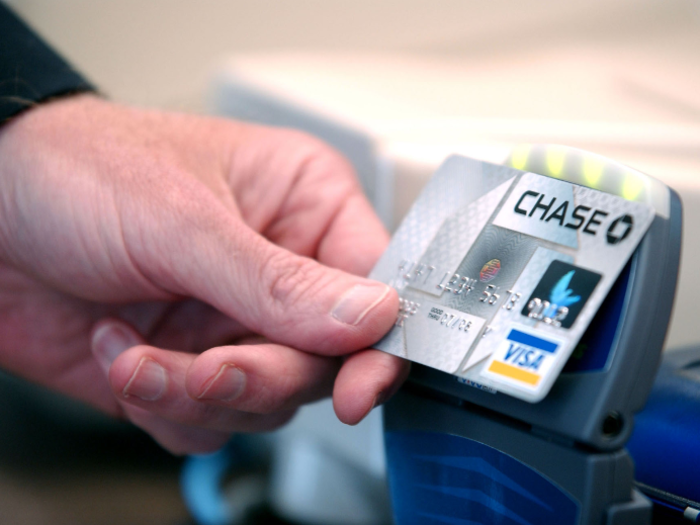- Home
- slideshows
- miscellaneous
- 11 tax deductions that every independent contractor should know about
11 tax deductions that every independent contractor should know about
1. First, form an entity

2. Use of your car for business

As an employee, your work commute is not tax deductible. "But as an independent contractor, it's no longer a commute," Bezozi said.
If you're going from your office to your client's office, keep a log and take your mileage off your taxes. You can also deduct transit expenses for travel to a client.
3. Home office dos and don'ts

"There's no reason why you can't deduct that portion of the apartment and/or home expenses, based on square footage" that you use for a home office, Bezozi said. To be deductible, your home office "has to be regular and exclusive use and your principle place of business," he added.
4. Equipment purchases

The cost of any electronics you use in your business can be written off on your taxes. If a device has mixed personal and business use, your deduction is proportional. If 30% of your phone usage is for business calls and emails, you can deduct 30% of the cost of the phone and your monthly bill, Bezozi said.
Bezozi also noted that if you're super conscious of cyber security, you might want to have separate devices for personal and business use, especially if you have employees.
5. Insurance (and if you don't have it, you should)

"Generally, you want to have some kind of professional liability insurance," Bezozi said. "You may want to have cybersecurity insurance. Eventually you want to have disability insurance. That's something that people don't think about." All these insurance premiums are deductible.
If you work alone, your health insurance premiums might be deductible, under the same IRS rules that govern the deductibility of healthcare expenses for individuals.
6. Retirement savings

If you work as an independent contractor an IRA, SEP IRA, or solo 401(k), will allow you to defer taxes on that income until you retire, Bezozi noted. The amount you contribute comes off your taxable income.
7. Business travel

"Most people that start out in business, especially in the gig type of economy, are going to be looking to meet people," Bezozi said. Whether you go across town to a networking event or across the country to a professional conference, your travel expenses can be deductible.
8. Business meals

"When you meet a client, if you have a meeting over coffee or lunch or a fancy dinner, you can write off the cost of half of that meal," Bezozi said. The tax rules have changed, however, so you non-meal entertainment expenses are no longer deductible. "If you take a client to a concert, you can no longer deduct that," he noted.
9. Training and subscriptions

"Anything to make you better and more knowledgeable in what you do now" is deductible, according to Bezozi. The training must be "something that enhances your ability in your current career but doesn't get you ready for a different career," he added. He noted that subscriptions to professional magazines and apps and software that you use in your business are also deductible business expenses.
10. Client gifts

Gifts to your clients are deductible, up to a point, Bezozi said. If you send a year-end gift basket to an individual client, you can deduct up to $25. If the gift is for the company as a whole (a coffee table book, for example), the limit is higher.
11. Credit-card interest

If you charge business expenses on a credit card, Bezozi said, "the portion of interest that relates to business expenditures can be deductible." He noted that there is a limit to the deductibility of this interest, but the limit is high enough that it won't apply to most independent contractors.
Popular Right Now
Popular Keywords
Advertisement